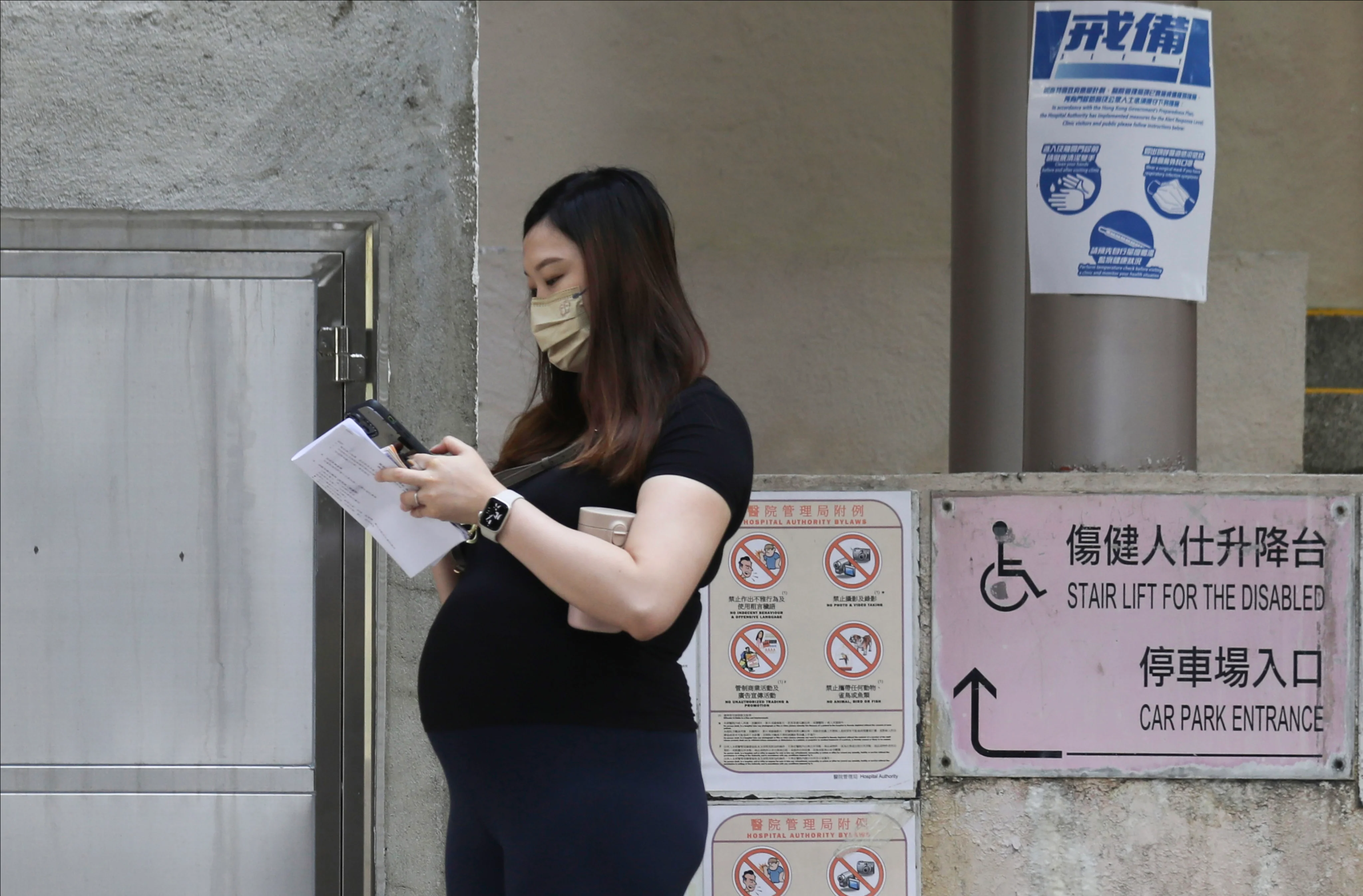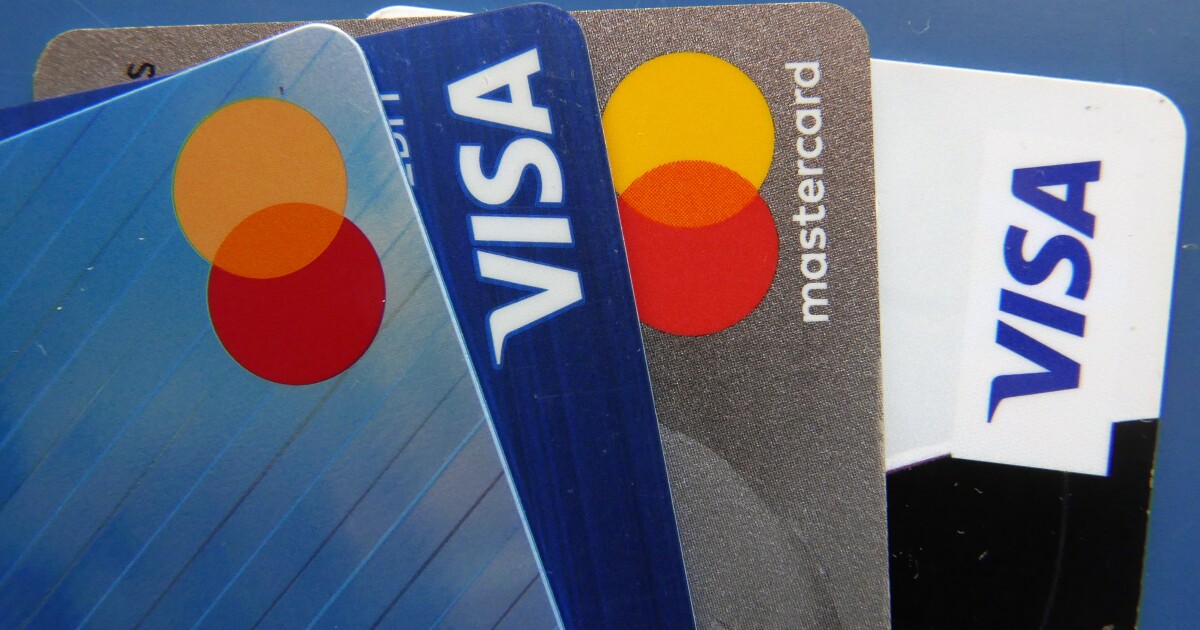By Vivian Au
Copyright scmp

Hong Kong health authorities have brushed off concerns about a government-subsidised flu vaccine that lacks clinical trial data on pregnant women, saying doctors will assess this group before any injections.
Secretary for Health Lo Chung-mau urged the public on Monday to get the flu vaccine, just days after worries surfaced over the mainland-China produced Sinovac influenza jab being one of four offerings in the government’s vaccination programmes starting later this month.
Authorities have recently repeated calls for residents, especially vulnerable groups, to get flu shots as the city may experience an overlap of the summer and winter flu seasons following a surge in outbreaks in schools.
“If a pregnant woman decides to receive the Sinovac influenza jab, she would first need to pass a medical assessment by a doctor to ensure she is suitable for the vaccine,” Lo said, after receiving the vaccine himself.
He added that when choosing a vaccine, the decision was based on medical necessity and a doctor’s assessment, not on a specific brand.
It is the first time the Sinovac jab has been included in the government’s programmes, which offer free or subsidised jabs to specific groups, including pregnant women. People eligible for the shots do not have a choice of the brand.
The product description of the Sinovac inactivated vaccine said that “no clinical trial data on the use of this product is available for pregnant and lactating women”.
Another inactivated vaccine in the programme, supplied by French manufacturer Sanofi, has data stating that it can be used at “all stages of pregnancy”, according to information released by Ireland’s Health Products Regulatory Authority.
Clinical trial data also showed that no adverse maternal outcomes were related to the vaccine.
Lo added that most clinics providing vaccines for pregnant women offered two kinds of vaccines they could choose.
When asked if authorities would provide guidelines for the industry on the issue, he said the vaccines offered by private doctors were not limited to the types purchased by the government.
However, he emphasised that doctors had a responsibility to tell pregnant women whether the vaccines they provided were suitable for them.
The government’s flu vaccination programmes, which start on September 25, will offer two types of inactivated jabs, one nasal spray and a recombinant vaccine.
The government has procured 1.3 million flu vaccine doses for the programmes, including 300,000 Sinovac jabs and 900,000 inactivated vaccine shots by the French-brand Sanofi. There are 50,000 doses each of the nasal spray, produced by AstraZeneca, and the recombinant vaccine from Sanofi.
Lo said that procurement was never about getting the most expensive option and price was not the only consideration.
He reiterated that the vaccines the government was using this time were safe and effective.
Experts earlier said that it would be safe for pregnant women to receive inactivated flu vaccines, including the Sinovac one.
Inactivated vaccines, which contain killed viruses or bacteria that cannot replicate or cause disease, still trigger an immune response to provide protection.
The World Health Organization also considers inactivated flu vaccine to be safe for use at any gestational stage of pregnancy.
But Centre for Health Protection controller Dr Edwin Tsui Lok-kin earlier said that women who were pregnant or breastfeeding should consult their doctors before getting the vaccine.



